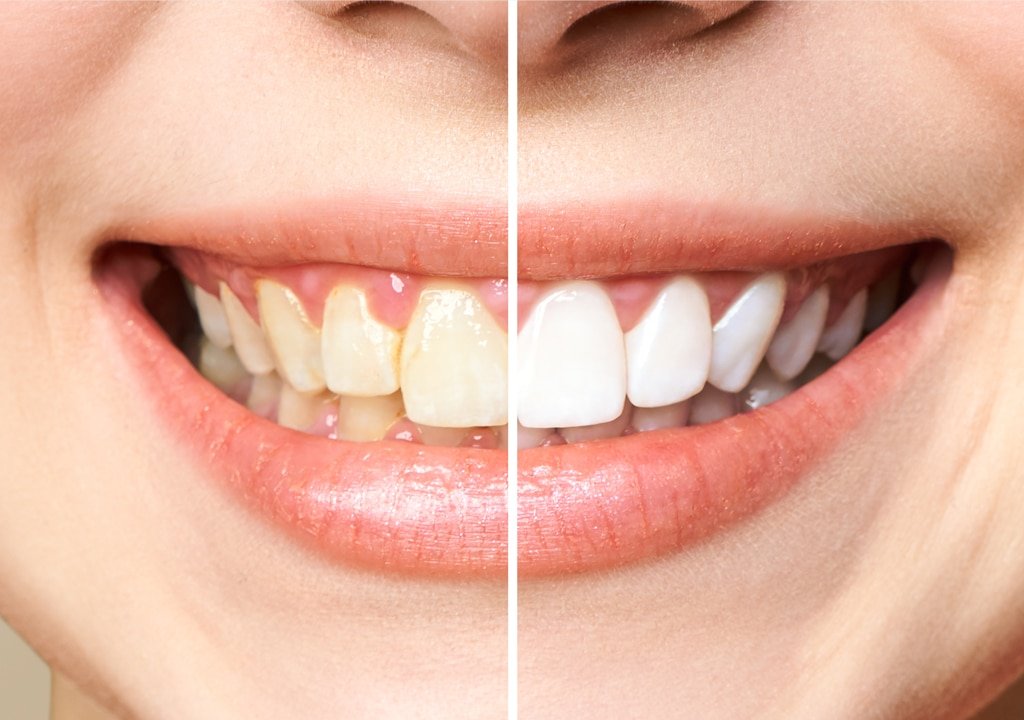Three Things You Need to Know About Gingivitis
If you want good health, you need to learn everything that you can about your own body. Since your body is inherently complex, more than one area of your health needs consideration. So stated, you need to pay close attention to both your medical and oral health.
With this in mind, here are some things that you need to know about Gingivitis, its causes, symptoms, complications, and preventative measures.



